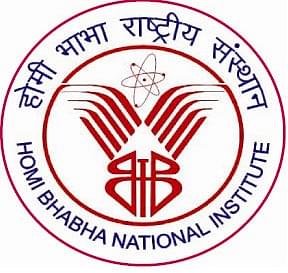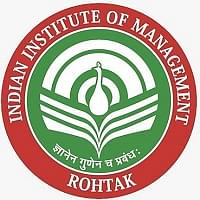Introduction to Ph.D. in Systems Engineering
Ph.D. in Systems Engineering is an advanced research degree focusing on the design, integration,
and management of complex systems over their life cycles. This
interdisciplinary field combines principles from engineering, management, and
optimization to address problems in various sectors, including aerospace,
automotive, telecommunications, healthcare, and more. Graduates of this program
are equipped for careers in academia, research institutions, industry, and
government agencies, where they can apply systems thinking to innovate and
improve complex systems.
Admission Process for Ph.D. in Systems Engineering
The admission Ph.D. in Systems Engineering typically includes the following
steps:
Prerequisites and
Eligibility:
A Master’s degree
in Systems Engineering, Electrical Engineering, Mechanical Engineering,
Industrial Engineering, or a related field.
A strong academic
record, generally with a minimum GPA requirement (often around 3.0-3.5 on a 4.0
scale).
Application
Submission:
Completed
application form.
Official
transcripts from all post-secondary institutions attended.
Letters of
recommendation (typically 2-3) from academic or professional references.
A statement of
purpose detailing research interests, career goals, and reasons for pursuing
the Ph.D at best 5 college in Manipur.
A current CV or
resume.
Standardized Tests:
Some programs may
require GRE scores, although this requirement is becoming less common.
Writing Sample:
A sample of
academic writing, such as a research paper or thesis, that demonstrates the
applicant’s research skills and knowledge of systems engineering.
Interview:
Shortlisted
candidates may be invited for an interview, either in-person or online, to
discuss their research interests and fit for the program.
Syllabus for Ph.D. in Systems Engineering
The syllabus Ph.D. in Systems Engineering varies by institution but typically includes the
following components:
Core Courses:
Advanced Systems
Engineering: Study of
advanced concepts and methodologies in systems engineering.
Systems Modelling
and Simulation: Techniques
for modelling and simulating complex systems.
Optimization
Methods: Exploration of
optimization techniques and their applications in engineering.
Systems Integration
and Testing: Principles and
practices for integrating and testing complex systems.
Specialized
Electives:
Control Systems
Engineering: Examination of
control theory and its applications in systems engineering.
Human Factors and
Ergonomics: Study of human
interactions with systems and design for improved usability and performance.
Reliability
Engineering: Analysis of
reliability, maintainability, and availability of systems.
Project Management: Principles of managing engineering
projects, including planning, execution, and control.
Research and
Dissertation:
Dissertation
Research: Conducting
original research under the guidance of a faculty advisor, culminating in a
doctoral dissertation.
Research Seminars: Participation in seminars to present
research findings and engage with current literature in systems engineering.
Fieldwork and
Laboratory Research:
Field Techniques: Practical training in field research
methods relevant to systems engineering at best affordable college in Manipur.
Laboratory
Techniques: Hands-on
experience with laboratory equipment and techniques used in systems engineering
research.
Teaching and
Professional Development:
Teaching Practicum: Gaining experience in teaching
undergraduate or graduate courses.
Professional
Development Workshops:
Training in grant writing, academic publishing, and other professional skills.












